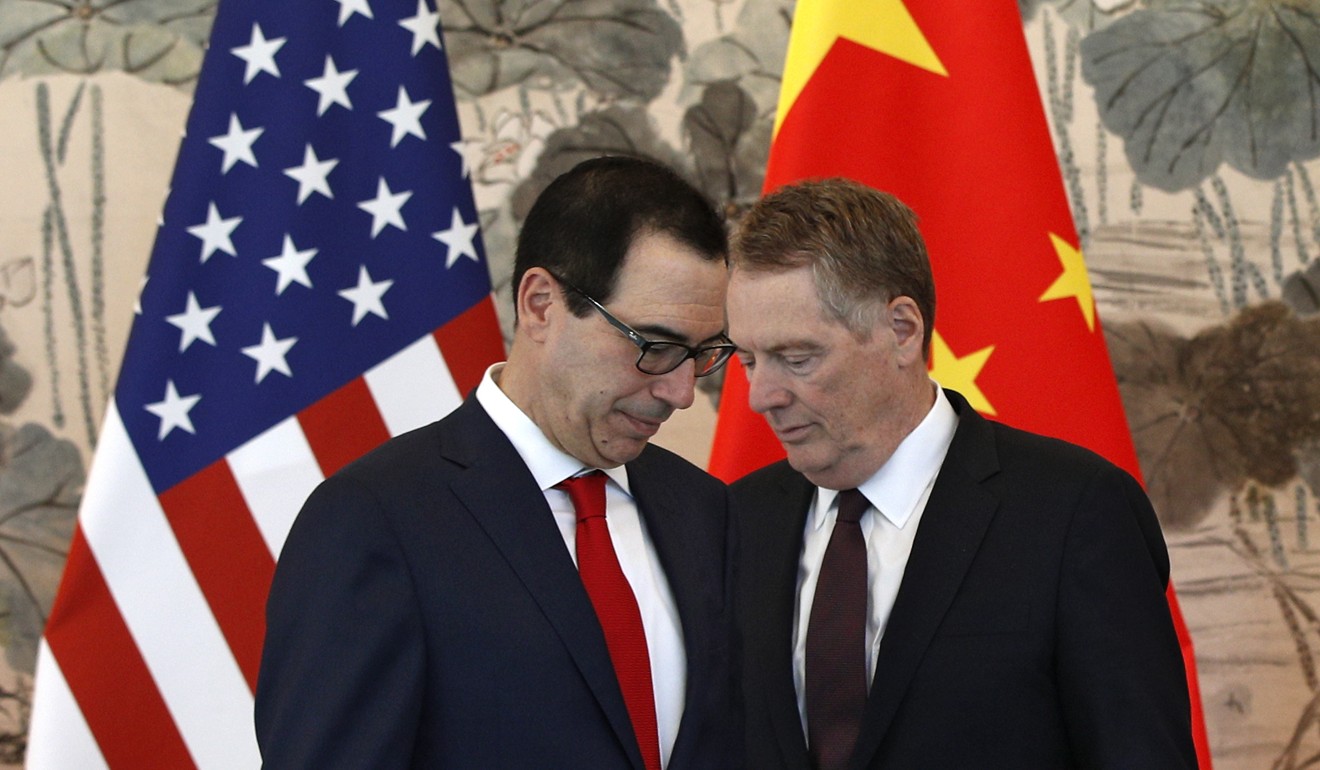
Asia must be ‘moderate voice’ in US-China rivalry, and help them to be frenemies: Singapore’s Goh Chok Tong
- The region’s smaller countries must encourage Washington and Beijing to be ‘frenemies’, says the Lion City’s former prime minister
- He says this is the best of three scenarios. The others are ‘all out conflict’ and ‘unbridled strategic conflict’
Goh, who boosted the Lion City’s ties with both Washington and Beijing during his 1990-2004 stint in power, said regional countries needed to band together to be a “moderate voice” and help avert a “catastrophic clash between the US and China”.
“This ‘moderate voice’ is not a bloc or new grouping, but simply the voice of moderation,” Goh said in a keynote speech at a conference in Seoul on Tuesday. A transcript of the former prime minister’s speech was published on the Singaporean foreign ministry’s website.
“It is in our interests to encourage the US and China to moderate their positions and consider the interests of global peace and stability,” he said.
The veteran politician said the “moderate voice” nations needed to do three things.

First they need to “throw out the negative shackles of history” and hold regular retreats among leaders.
Second, Goh said the countries needed to identify and protect “shared values”, which were “peaceful existence, prosper-thy-neighbour and respect for an inclusive rules-based international order”.
“For example, we should be more vocal in calling out the dangers of a fragmented technology space, and work together to create neutral, common technology platforms,” he said.
Thirdly, countries needed to strengthen multilateral institutions such as trade blocs, Goh said.
Goh, who was speaking on key risks facing Asia, said he was of the view that the US “now sees China as a long-term strategic threat to its global supremacy and hence its national security”.
“On its part, China has come to the conclusion that the US will not allow it to grow and challenge its status as the global superpower,” he said.
“The recent turbulence over trade tariffs, technological competition and allegations of technological espionage are only the latest manifestations of this strategic rivalry between the US and China.”
Citing three scenarios including all-out conflict, a more controlled “unbridled strategic conflict”, and one where the major powers were “frenemies”, Goh said the third option was the best.
“In all three scenarios, Asia’s resilience will be tested. There will certainly be collateral damage in any clash between the US and China,” he said.
Asian countries must “take action to encourage the US and China towards the third scenario of competition and cooperation, and reiterate the position that the Pacific, and certainly the world, is large enough for these two superpowers to work together,” he said.

